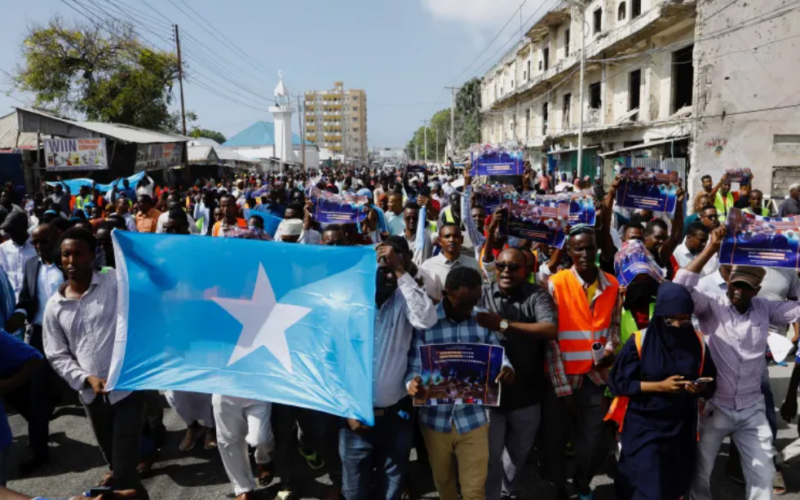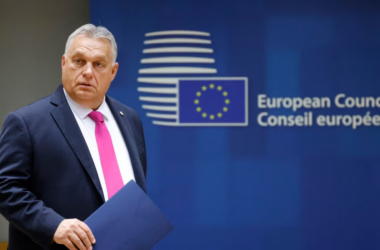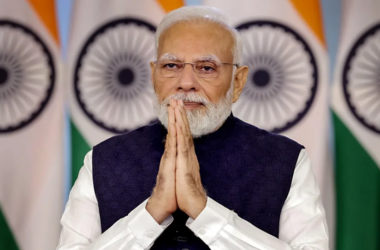Tensions between Somalia and Ethiopia have escalated following Somalia’s rejection of any talks concerning Ethiopia’s port lease agreement with the breakaway region of Somaliland. The situation has prompted regional leaders to convene in an attempt to navigate the growing diplomatic crisis that threatens stability in the Horn of Africa.
On January 1, Ethiopia and Somaliland signed a memorandum of understanding (MOU), outlining a potential port lease deal. According to the agreement, Ethiopia would consider recognizing Somaliland’s independence in exchange for access to the Red Sea through the lease of a port. Somaliland declared independence from Somalia in 1991, but its sovereignty has not been recognized internationally. The port lease, seen as advantageous for landlocked Ethiopia, has triggered strong objections from Somalia.
A war of words has ensued between the two nations, with Somalia even issuing threats of military action to prevent the deal from proceeding. The African Union called for restraint and meaningful dialogue as the situation continued to intensify.
As regional leaders gathered to address the diplomatic crisis, Somalia categorically rejected any mediation efforts unless Ethiopia retracts the MOU, describing it as illegal. The Somali Ministry of Foreign Affairs emphasized the importance of Ethiopia reaffirming Somalia’s sovereignty and territorial integrity.
The proposed deal involves Ethiopia leasing approximately 20 km (12 miles) of coastline around the port of Berbera, situated on the Gulf of Aden, for military and commercial purposes. Ethiopia’s primary port for maritime exports currently resides in the neighboring country of Djibouti.
The heads of state from the Intergovernmental Authority on Development (IGAD) convened in Entebbe, Uganda, seeking a peaceful resolution to the crisis. The summit included leaders from Djibouti, Kenya, Somalia, and South Sudan, among others. International observers, including the U.S. special envoy for the Horn of Africa, Mike Hammer, expressed concerns about the potential impact of the MOU on regional security. Hammer highlighted reports that the MOU had been exploited by Al-Shabaab militants to recruit new members.
Ethiopia did not send a delegation to the summit, citing late notification. At a subsequent news conference, Ethiopia’s foreign affairs spokesperson, Ambassador Meles Alem, dismissed a statement by the Arab League condemning the MOU as a violation of international law. Alem criticized the statement, characterizing it as a disservice to the organization and a disregard for African nations.
The rejection of mediation by Somalia and the heightened diplomatic tensions underscore the complexities surrounding regional relationships and the potential impact on security and stability. The outcome of this dispute will likely have far-reaching implications for the geopolitical landscape in the Horn of Africa. As the situation unfolds, the international community will closely monitor developments and assess the feasibility of resolving the crisis through diplomatic channels.








